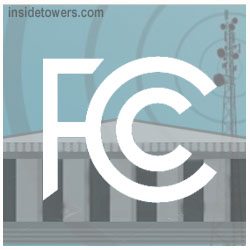The FCC Friday took what the agency says are significant additional steps in its effort to improve the integrity, effectiveness, and efficiency of its Lifeline program. Lifeline helps make phone and broadband service more affordable for low-income Americans and is an important part of the agency’s efforts to close the digital divide.
Despite ongoing reform efforts, reports by the FCC’s Inspector General have repeatedly found the Lifeline program to have an unacceptably high improper payment rate.
Friday’s action focuses on strengthening the Lifeline’s program’s enrollment, recertification, and reimbursement processes so that limited Universal Service Fund dollars are directed only toward qualifying low-income consumers.
Specifically, these reforms include:
- Prohibiting participating carriers from paying commissions to employees or sales agents based on the number of consumers who apply for or are enrolled in the Lifeline program with that carrier.
- Requiring participating carriers’ employees or sales agents involved in enrollment to register with the program administrator, the Universal Service Administrative Co. (USAC).
- Codifying a rule that strengthens prohibitions barring Lifeline providers from claiming “subscribers” that are dead.
- Taking additional steps to better identify duplicate subscribers, prevent reimbursement for fictitious subscribers, and better target carrier audits to identify potential FCC rule violations.
- Increasing transparency by posting aggregate subscribership data, including data broken out at the county level, on USAC’s website.
- Increasing transparency with states by directing USAC to share information regarding suspicious activity with state officials.
The Order also restores the traditional and lawful role of the states in designating carriers to participate in the Lifeline program, furthering their important role in monitoring and enforcing carrier activities.
A Further Notice seeks comment on additional measures to combat waste, fraud, and abuse, including ways to ensure the accuracy of carriers’ claims that subscribers are using their Lifeline service on an ongoing basis. In addition, it addresses whether providers’ practice of providing free cell phones during in-person Lifeline enrollment events encourages ineligible applicants to attempt to enroll in the program.
November 18, 2019





Reader Interactions